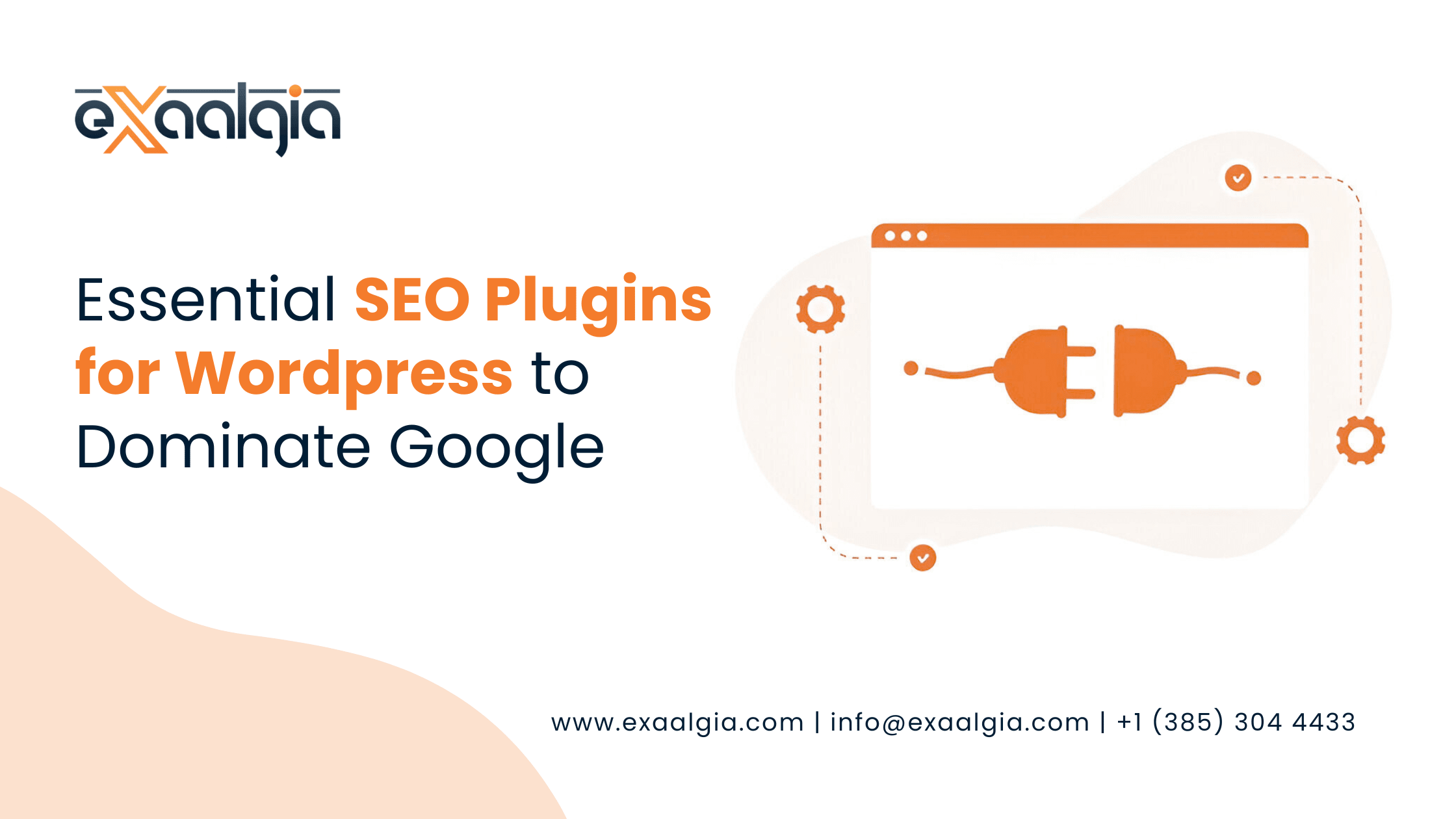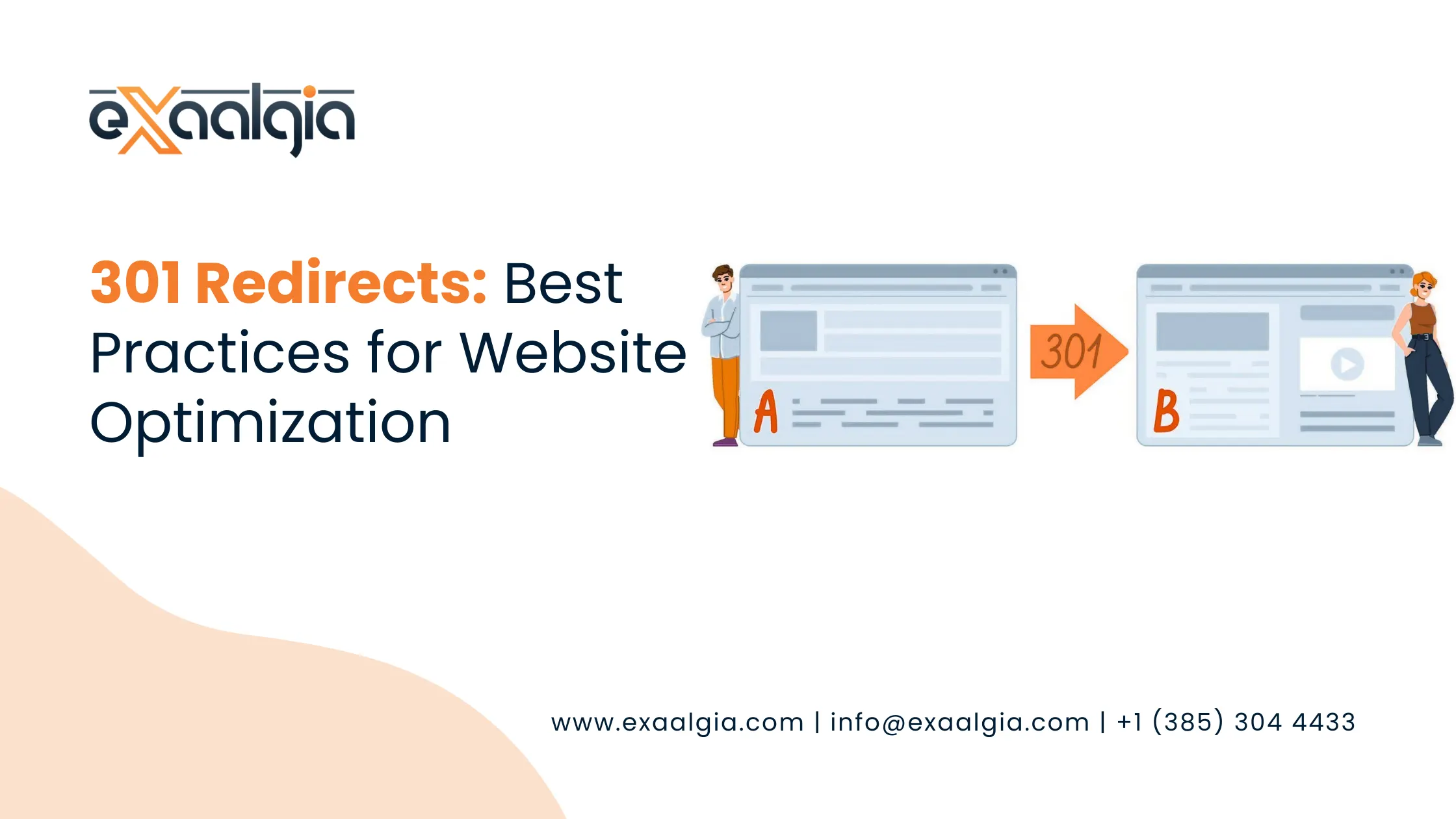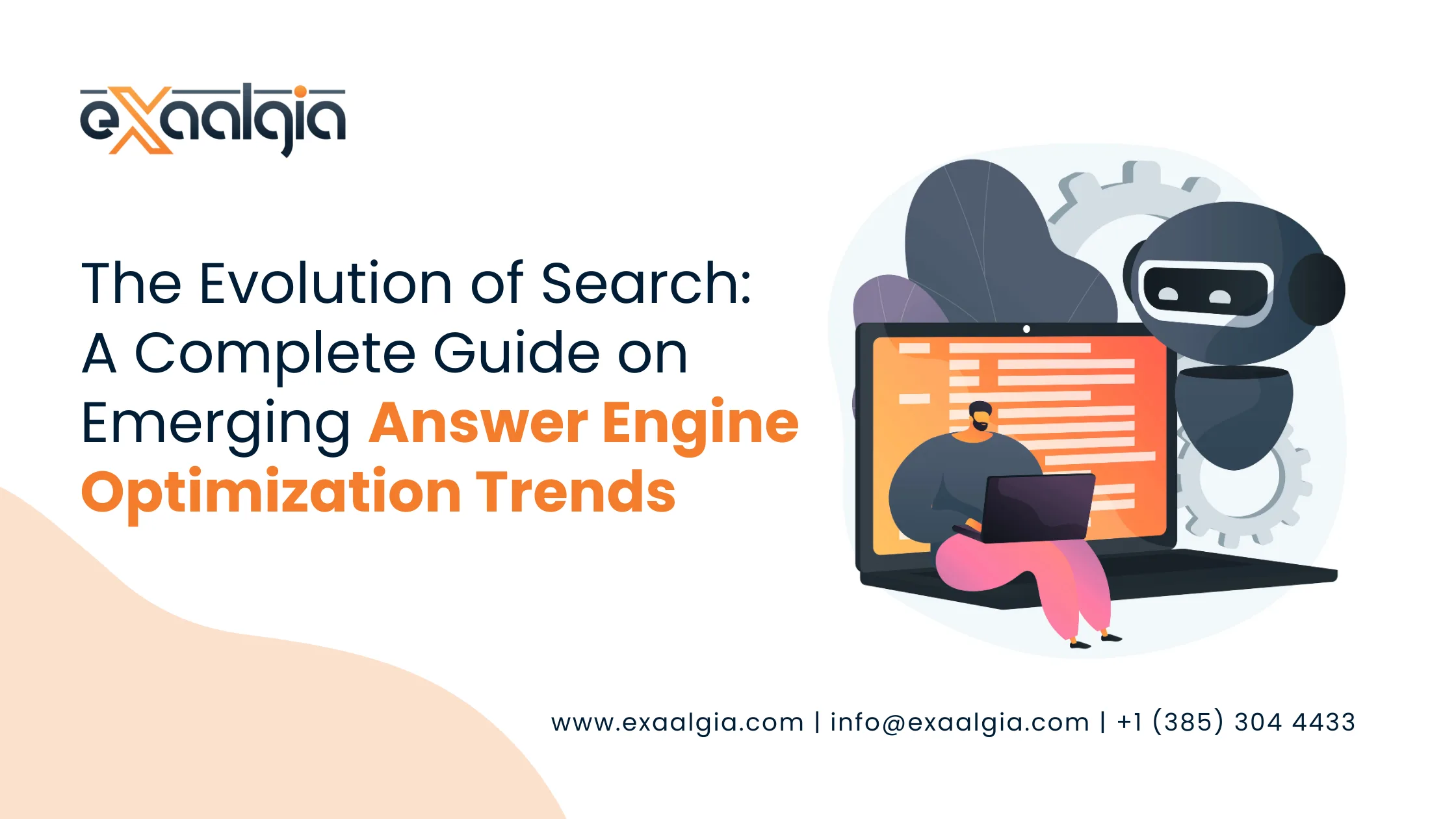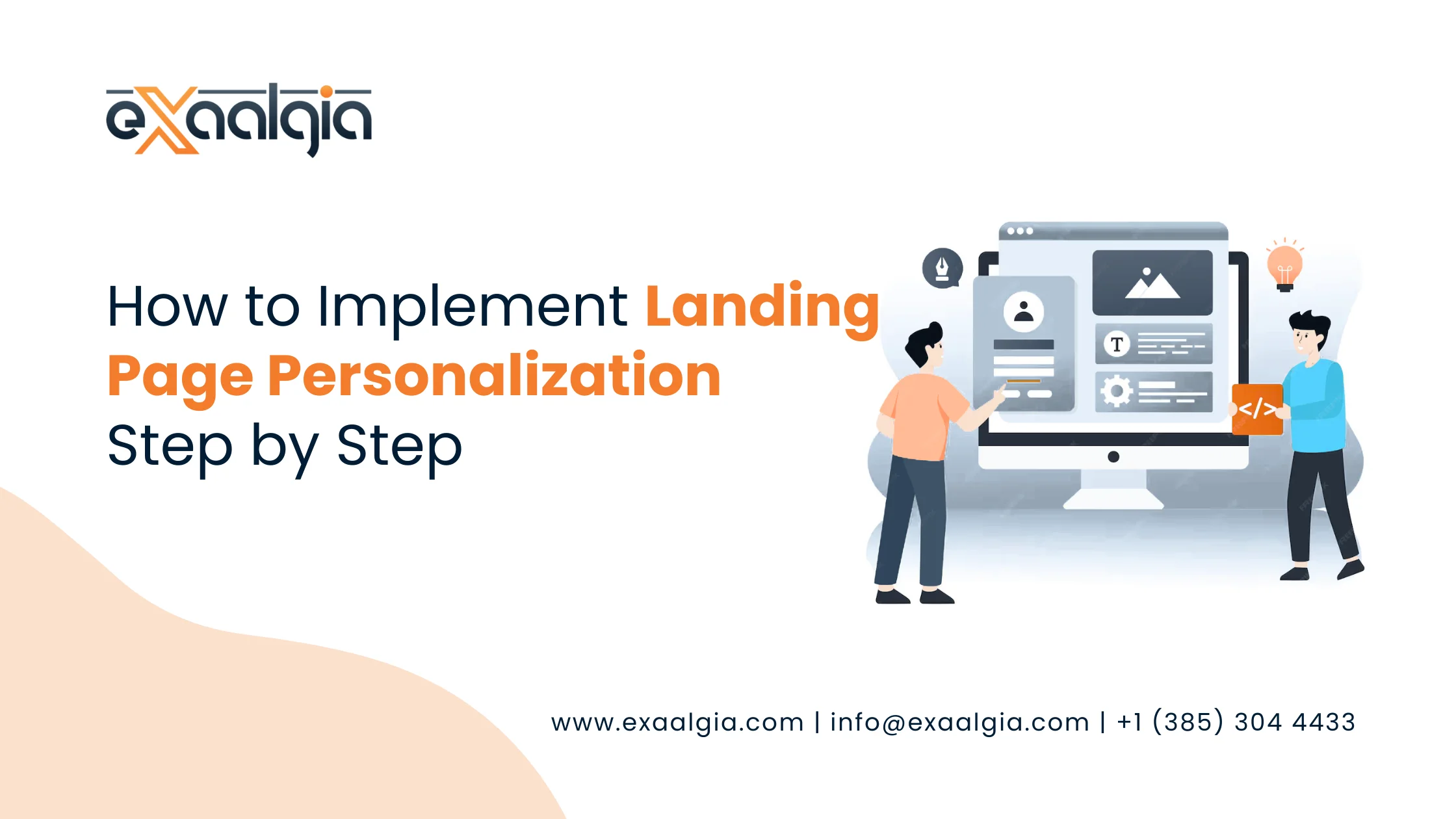That’s where SEO plugins for WordPress come in.
Consider them as your digital companions. They deal with tedious technical tasks, provide valuable practical advice to you and ensure that search engines, as well as real people, can read your site easily. The right plugin can not only save you the hours of doing the task manually but also can improve your chances of appearing higher in the search engines.
This guide will show you the best SEO plugins for wordpress, the ones we like, the ones recommended by pros & mostly importantly, the ones that really help your site grow.
How SEO Plugins Help WordPress Sites Perform Better
The truth is, SEO can be a daunting process if you do not know what you are doing. One hears about XML sitemaps, schema markup, redirects, keyword research and much more. This would be time-consuming to do manually!
Here’s how SEO plugins make your life easier:
They simplify on-page SEO – You don’t need to remember HTML tags. Just type your title, keyword, and description inside the plugin.
Technical SEO in the background – From sitemaps to schema, these tools generate the code that search engines love.
Error checking – Who has time to check every link for errors? Plugins monitor broken URLs, duplicate content, and more.
Save time – You can focus on creating content instead of worrying about Google’s algorithms.
Bottom line? Without an SEO plugin, you’re leaving money (and rankings) on the table.
Top WordPress SEO Plugins Every Website Should Try
Let’s get to the good stuff now: tools. Here are the top SEO plugins for WordPress you really should be considering this year.
1. Yoast SEO – The Classic Choice
If you’ve ever Googled “WordPress SEO,” chances are you’ve heard of Yoast SEO. It’s been the top player in the market for over a decade, and for good reason, it’s perfect for beginners.
Why people love Yoast:
- Simple content analysis (green light = good to go!)
- Easy meta description & title editing
- Built-in XML sitemap
- Helps with social previews (how posts look on Facebook/Twitter)
The trade-offs:
It can feel a bit heavy at times, and the premium version isn’t the cheapest. But for most users, the free version is solid enough.
Ideal for: Beginners, bloggers, and small businesses.
2. All in One SEO (AIOSEO) – The Balanced Alternative
If Yoast is Coke, AIOSEO is Pepsi. It offers pretty much everything Yoast does, but in a slightly lighter, cleaner package. And honestly, a lot of people find the setup process easier here.
Best features:
- Local SEO optimization (great for small stores or businesses)
- Smart XML & video sitemaps
- Built-in support for WooCommerce stores
- Internal linking suggestions
Why it’s great:
AIOSEO feels less overwhelming, with features designed for practical use.
Ideal for: eCommerce owners and local service providers.
3. Rank Math – The Powerful Newcomer
Rank Math is the “cool new kid” in the SEO world. Launched just a few years ago, it already gives Yoast a serious run for its money.
What sets it apart:
- Analyze multiple keywords at once
- Built-in schema & rich snippets
- Google Search Console and Analytics integration
- Redirect & 404 monitoring included
Most surprising? Many of those features are free (while Yoast charges for them).
Ideal for: Power users, agencies, and anyone who wants an all-in-one free SEO toolkit.
4. SEOPress – Affordable Yet Powerful
Not as famous as Yoast or Rank Math, but don’t underestimate it. SEOPress is growing super fast, and once you try it, you’ll see why.
Highlights:
- Unlimited meta descriptions & titles
- Google Analytics right in your WordPress dashboard
- Built-in breadcrumb navigation
- Super-clean, no-ad interface
And here’s the kicker: their premium plan is WAY more affordable compared to Yoast Premium.
Ideal for: Freelancers, small agencies, and budget-conscious users.
5. The SEO Framework – Lightweight & Automated
Don’t like bloated plugins? Then you’ll love The SEO Framework.
Instead of endless menus, it focuses on automation and speed. You’ll find minimal design, fast performance, and accurate SEO features without extra clutter.
Cool features:
- AI-generated titles and descriptions
- Local SEO extensions
- Protection against duplicate content
Ideal for: Developers and users who want “set it and forget it” SEO.
6. Squirrly SEO – Your AI SEO Assistant
This is one of the most beginner-friendly plugins on the list. Squirrly SEO works like a coach, guiding you step by step.
Best parts:
- Live SEO analysis while writing
- Built-in keyword research tool (very rare in WordPress plugins)
- AI-driven audits
- Easy schema generation
It’s great for small business owners who don’t have time (or desire) to learn everything about SEO.
Ideal for: Beginners who want hand-holding along the way.
7. Broken Link Checker – The Cleanup Tool
Imagine a reader finds a cool article on your site… only to click on a link that leads to a 404 page. Instant frustration. That’s where broken link checker saves the day.
Why it matters:
- Finds broken internal and external links
- Lets you fix links right inside WordPress
- Improves both user experience and SEO health
Ideal for: Large blogs, resource-heavy websites, or anyone who’s been posting for years.
8. Redirection – Keep Google Happy
Changed a URL on your website? Deleted an old page? You need a redirect, or else Google (and visitors) find a dead link. The Redirection plugin makes this job ridiculously easy.
Key features:
- Simple 301 redirect management
- Catch 404 errors and redirect them
- Regex-based rules for advanced control
Ideal for: Websites going through redesigns, migrations, or frequent updates.
9. MonsterInsights – Data-Driven SEO
Now, this isn’t an SEO plugin in the traditional sense, but tracking your data is part of any solid SEO strategy. That’s where MonsterInsights comes in.
Why it’s awesome:
- Google Analytics made super beginner-friendly
- Real-time visitor stats
- See which pages bring in the most SEO traffic
Ideal for: Anyone who wants to make SEO decisions based on actual data.
10. WP Rocket – Speed = SEO
Google cares about speed. Visitors care about speed. Simply put: site speed = higher rankings + happier readers.
While WP Rocket isn’t marketed solely as an “SEO plugin,” it indirectly boosts your SEO by making your site lightning-fast.
Features you’ll love:
- Page caching
- File and image optimization
- Lazy loading for pictures
- Database cleanup
Ideal for: Every site owner who wants faster pages and better rankings.
11. Schema Pro – Boost Clicks with Rich Snippets
If you’ve ever seen star ratings, recipe info, or FAQs show up on Google search results, that’s schema at work. Schema Pro helps you add this without writing a single line of code.
Quick perks:
- Supports product, article, and review schemas
- Can auto-apply to existing posts
- Helps improve CTR from Google results
Ideal for: Bloggers, reviewers, and businesses looking for rich snippets.
How Do You Pick the Right SEO Plugin?
With all these options, you might be wondering: which one do I choose?
Here’s a simple way to decide:
Just starting out? → Go with Yoast or AIOSEO.
Want maximum features for free? → Rank Math is your friend.
Running a WooCommerce store? → AIOSEO has eCommerce-specific support.
On a budget? → SEOPress premium is affordable and powerful.
Hate clutter? → The SEO Framework is clean and fast.
Tips for Optimizing Your Site with SEO Plugins
Remember: plugins are tools, not magic wands. They won’t instantly rank you first on Google. Instead, use them wisely:
- Stick to ONE main SEO plugin (otherwise conflicts happen).
- Keep them updated — SEO plugins evolve with Google updates.
- Use schema markup whenever possible.
- Regularly perform audits to fix broken links and outdated content.
- Don’t forget about speed — combine SEO plugins with a caching tool like WP Rocket.
Which WordPress SEO Plugin Should You Choose?
SEO is no longer a guessing game. With the right WordPress SEO plugins, you don’t need advanced technical skills to rank better.
If you want the short version:
Yoast SEO = Best all-rounder for beginners.
Rank Math = Best free feature-packed plugin.
AIOSEO = Great for stores and local businesses.
SEOPress = Affordable alternative for pros.
The SEO Framework = Lightweight option for developers.
Bonus tools like broken link checker, redirection, WP rocket, and Schema pro give you the extra edge.
Choose the one that fits your site, stay consistent with SEO best practices, and you’ll see your rankings grow over time.
Frequently Asked Questions (FAQs) About WordPress SEO Plugins
1. What is the best free SEO plugin for WordPress?
The two most popular free SEO plugins are Yoast SEO and Rank Math. Yoast is simple and beginner-friendly, while Rank Math offers more advanced features in the free version (like schema, multiple keywords, and redirects). If you’re new, Yoast is perfect; if you want lots of power without paying, go with Rank Math.
2. Do I need to install more than one SEO plugin?
No. It’s important to stick to just one primary SEO plugin (like Yoast, Rank Math, or AIOSEO). Installing multiple SEO plugins can cause conflicts, duplicate meta tags, or even slow down your site. However, you can safely install specialized plugins (like Redirection or Broken Link Checker) alongside your main SEO plugin.
3. Which SEO plugin is best for beginners?
If you’re completely new to SEO, Yoast SEO or All in One SEO (AIOSEO) are the easiest to get started with. They use a traffic light system and simple checklists, so you’ll know exactly what to improve before hitting “publish.”
4. What is the best SEO plugin for eCommerce or WooCommerce stores?
For online stores, All in One SEO (AIOSEO) and Rank Math are the best options. Both provide dedicated WooCommerce SEO features, like optimizing product pages, adding schema for products, and improving category pages.
5. Do SEO plugins guarantee first-page rankings on Google?
No plugin can guarantee #1 rankings (beware of anyone who promises that!). SEO plugins are tools that guide and automate tasks — like writing better meta tags, generating sitemaps, or monitoring errors. But rankings also depend on your content quality, backlinks, site speed, and overall strategy.
6. Are paid SEO plugins worth it?
Paid versions unlock advanced features like keyword tracking, local SEO, internal linking analysis, and more detailed schema options. If you run a business website or a large content site, investing in premium plugins (like Yoast Premium, Rank Math Pro, or SEOPress Pro) can save a lot of time and boost performance. For hobby blogs, the free versions are usually enough.
7. Which SEO plugin is best for site speed optimization?
Technically, standard SEO plugins don’t handle site speed. But tools like WP Rocket specialize in caching, lazy loading, and file optimization, which all contribute to better SEO. Pairing WP Rocket with your SEO plugin is the best combo for performance-focused sites.
8. Do I need Schema plugins if I already use an SEO plugin?
Many SEO plugins (like Rank Math, AIOSEO, and Yoast) already include basic schema functionality (like articles or FAQs). However, if you want advanced schema types (like job postings, recipes, courses, or custom schema), then a dedicated tool like Schema Pro is worth it.
9. Is MonsterInsights really an SEO plugin?
Not exactly. MonsterInsights is more of an analytics plugin, but it indirectly helps SEO by showing where your visitors come from, which content performs best, and where you need to improve. Think of it as the “data partner” to your SEO plugin.
10. What is the best overall SEO plugin for WordPress in 2025?
There’s no single “winner” — it depends on your needs:
Yoast SEO → Best for simplicity and beginners
Rank Math → Best feature-packed free plugin
AIOSEO → Best for stores & local businesses
SEOPress → Best budget-friendly alternative
The SEO Framework → Best lightweight option for developers
With these FAQs added, your blog becomes much more complete, engaging, and SEO-ready to rank for related questions!







